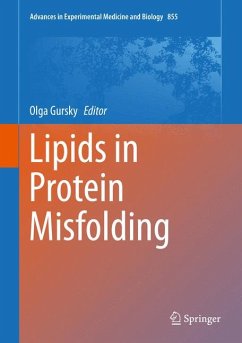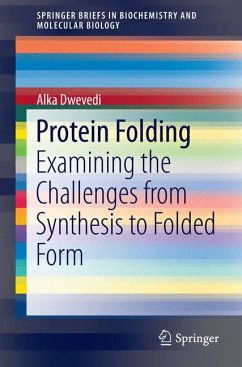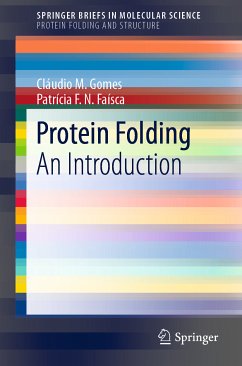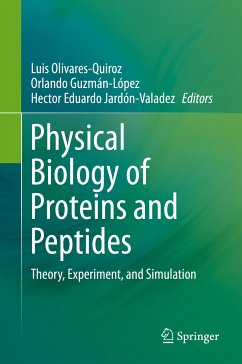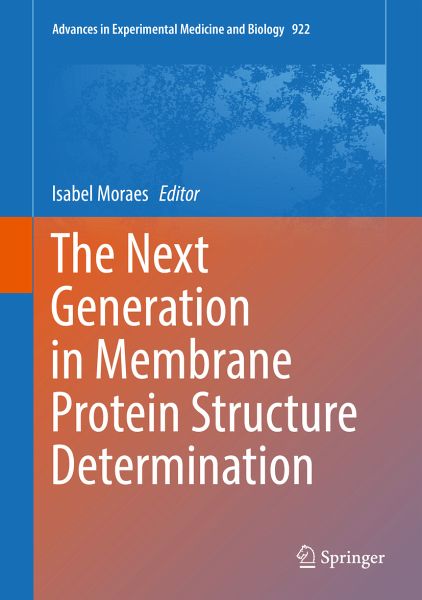
The Next Generation in Membrane Protein Structure Determination (eBook, PDF)
Versandkostenfrei!
Sofort per Download lieferbar
112,95 €
inkl. MwSt.
Weitere Ausgaben:

PAYBACK Punkte
56 °P sammeln!
This book reviews current techniques used in membrane protein structural biology, with a strong focus on practical issues. The study of membrane protein structures not only provides a basic understanding of life at the molecular level but also helps in the rational and targeted design of new drugs with reduced side effects. Today, about 60% of the commercially available drugs target membrane proteins and it is estimated that nearly 30% of proteins encoded in the human genome are membrane proteins. In recent years much effort has been put towards innovative developments to overcome the numerous...
This book reviews current techniques used in membrane protein structural biology, with a strong focus on practical issues. The study of membrane protein structures not only provides a basic understanding of life at the molecular level but also helps in the rational and targeted design of new drugs with reduced side effects. Today, about 60% of the commercially available drugs target membrane proteins and it is estimated that nearly 30% of proteins encoded in the human genome are membrane proteins. In recent years much effort has been put towards innovative developments to overcome the numerous obstacles associated with the structure determination of membrane proteins.
This book reviews a variety of recent techniques that are essential to any modern researcher in the field of membrane protein structural biology. The topics that are discussed are not commonly found in textbooks. The scope of this book includes:
The information provided in this book should be of interest to anyone working in the area of structural biology. Students will find carefully prepared overviews of basic ideas and advanced protein scientists will find the level of detail required to apply the material directly to their day to day work.
Chapters 4, 5, 6, 8 and 9 of this book are published open access under a CC BY 4.0 license at link.springer.com.
This book reviews a variety of recent techniques that are essential to any modern researcher in the field of membrane protein structural biology. The topics that are discussed are not commonly found in textbooks. The scope of this book includes:
- Expression screening using fluorescent proteins
- The use of detergents in membrane protein research
- The use of NMR
- Synchrotron developments in membrane protein structural biology
- Visualisation and X-ray data collection of microcrystals
- X-ray diffraction data analysis from multiple crystals
- Serial millisecond crystallography
- Serial femtosecond crystallography
- Membrane protein structures in drug discovery
The information provided in this book should be of interest to anyone working in the area of structural biology. Students will find carefully prepared overviews of basic ideas and advanced protein scientists will find the level of detail required to apply the material directly to their day to day work.
Chapters 4, 5, 6, 8 and 9 of this book are published open access under a CC BY 4.0 license at link.springer.com.
Dieser Download kann aus rechtlichen Gründen nur mit Rechnungsadresse in A, B, BG, CY, CZ, D, DK, EW, E, FIN, F, GR, HR, H, IRL, I, LT, L, LR, M, NL, PL, P, R, S, SLO, SK ausgeliefert werden.



